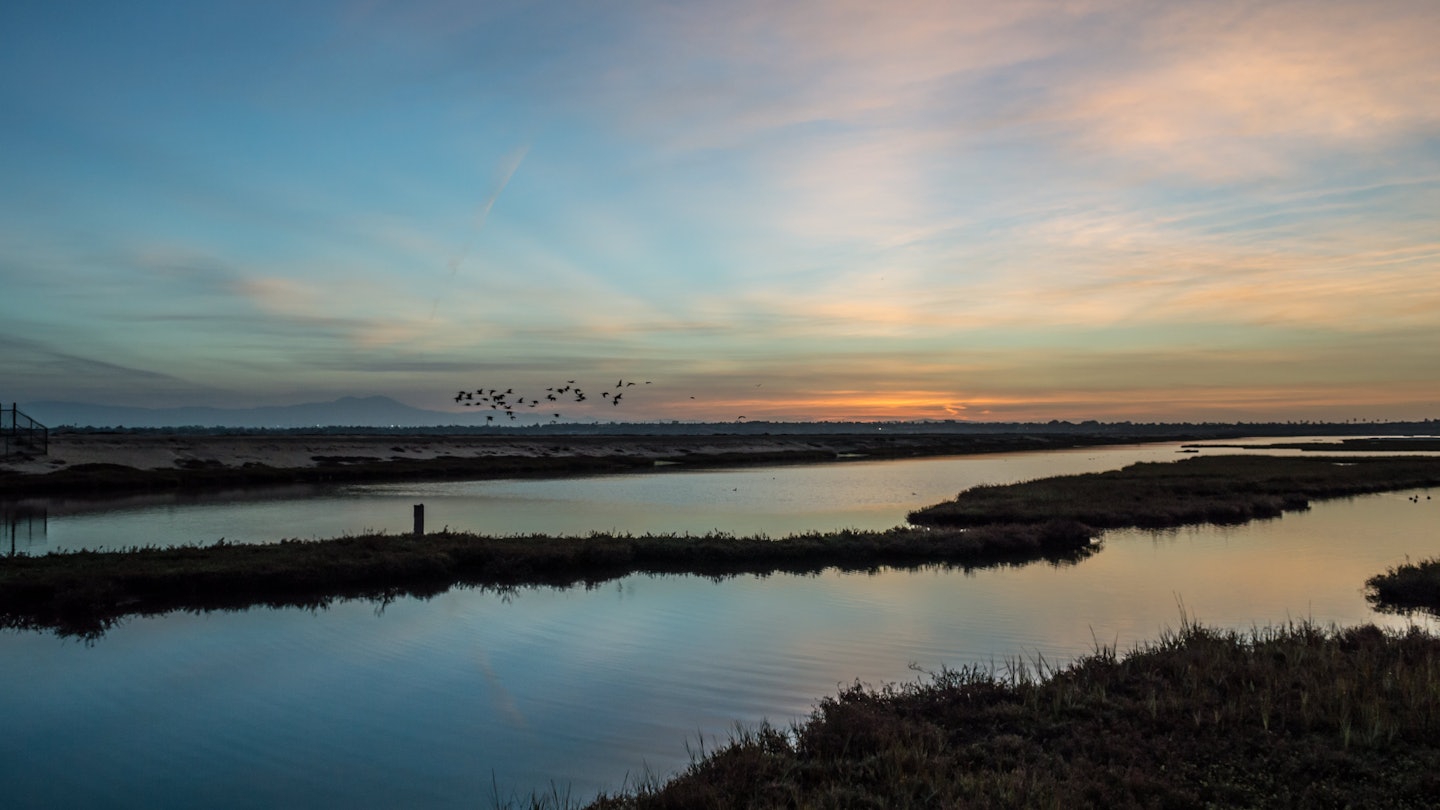
This US wildlife care center has returned dozens of birds to their natural habitats

Apr 20, 2020 • 2 min read

The Wetlands & Wildlife Care Center of Huntington Beach, California, is having success releasing animals back into the wild with fewer people around to watch the process © EarthbyEnnis/Getty Images
They’re a necessity, but the worldwide lockdowns haven’t been a whole lot of fun for humanity; the animal kingdom on the other hand, is having a much better time, from aquarium tours for puppies and penguins to goats roaming the streets to newfound friends at the zoo. And, as people stay home in the midst of the crisis, the environmental effects have been noteworthy, with air quality markedly improving in areas with major quarantines and normally busy attractions receiving deep cleanings while the crowds are at bay.
For the Wetlands & Wildlife Care Center in Huntington Beach, California, the lack of people out and about has had a positive impact on its mission: releasing rescued animals back into the wild. Without spectators on hand to snap pics or interact with the animals, the creatures are assimilating more quickly into their natural habitats, the WWCC says.

The center recently released a handful of rabbits, two species of birds, and 28 mallard ducks into the natural wetlands of Bolsa Chica Ecological Reserve and surrounding areas in Huntington Beach. A western grebe was brought in by a concerned citizen who found him floundering in the water at Dog Beach and, after therapy in the center’s warm-water pools and a course of anti-inflammatories, he was released at Huntington Harbor on April 14.
A few days earlier, a great egret was admitted with a beak injury and chemical burns, completely covered in oil. After a wash and a rinse with Dawn dish detergent, he was given time to heal from his injuries, and he was released in Brookhurst Marsh on the same day as the western grebe.

Though the WWCC is continuing its work in the face of the pandemic, it’s tough going, with funding at risk and volunteer manpower at a premium. But the area’s injured, orphaned, and sick wildlife is still in need of attention, as the center maintains treatment for the animals currently in their care and community members drop in with even more rescues.
For more on the organization, and to donate goods or make a financial contribution, visit wwccoc.org.
The coronavirus (COVID-19) is now a global pandemic. Find out what this means for travelers.













